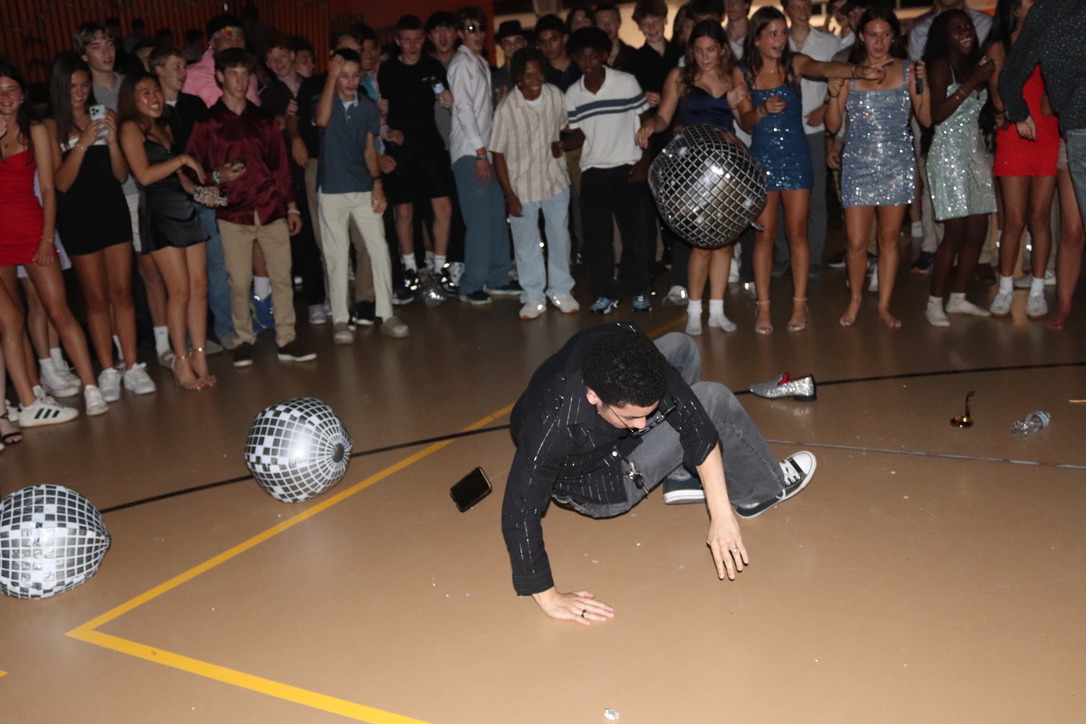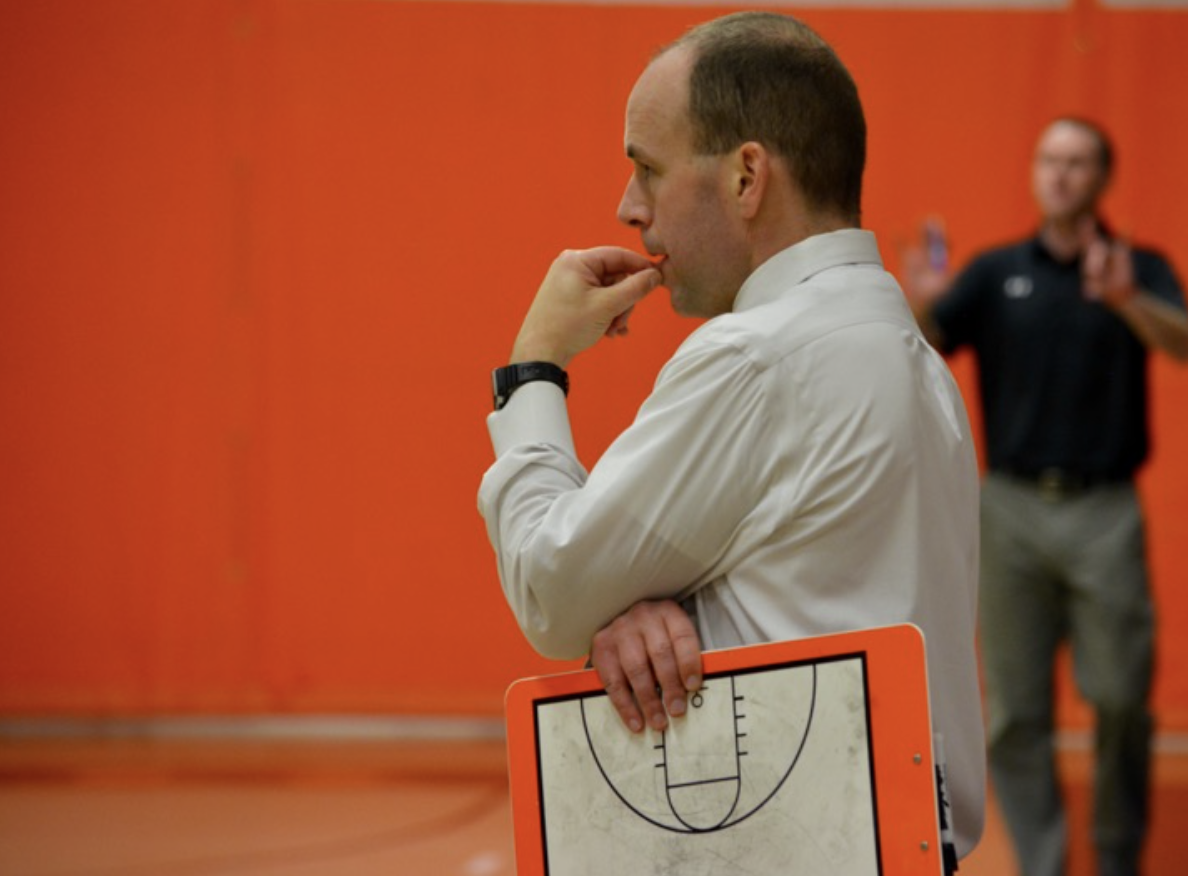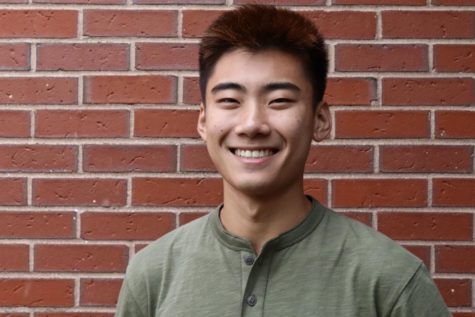Kyle’s Column: Things Unseen
In the latest installment of Kyle’s Column, Opinions Editor Kyle Chen discusses the impossibilities inherent in the college application process.
November 20, 2019
A month or two of filling out Common App questions, writing personal statements and answering supplements have me convinced that in order to put together a “convincing application,” not only do you have to be a candidate of extraordinary merit and capability, but you also have to be a magician.
Of sorts, I mean. Needless to say, magic isn’t one of the many things schools judge you for these days (unless, of course, you’re applying to Hogwarts). But I’d bet that those who have attempted to craft a quotidian college application know that successfully transferring themselves onto a sheet of paper with 150-word margins can feel an awful lot like creating a magical incantation.
It may not be a perfect analogy, but I find the college application process comparable to the act of attempting to fit a square peg into a round hole; try as you might–twist and turn it so that your application covers as much space as possible–there’s no way you can convey everything there is to say. To do so would be nothing short of impossible. Or magical.
There’s no party at fault here; the Common Application and the institutions it works with have already created a system that allows applicants to paint and present as clear of a picture as they can to their schools of interest. While completing my early admissions application, I felt that the Common App, through its clean organization and concise areas of focus, helps students enumerate their achievements and activities in a thorough manner. And as amorphous as it might be in nature, there’s no debate that the Personal Statement offers applicants a fantastic opportunity to provide significant depth and insight into an aspect of their life.
Yet that’s the key: each facet of the Common App (and a student’s college-specific supplement) addresses, for the most part, a very specific part of an applicant’s profile.
In their personal essay, students might write about their identity–race, religion, sexual/gender orientation, etc. In the supplement about their extracurriculars, they might detail an important sport or instrument. Another question might wheedle out a narrow response about an intellectual interest. Question by question, detail by detail, applicants are cut into pieces and sorted into neat little boxes, then shipped off to admissions offices for inspection. But any assortment of fragments, when reassembled, will inevitably fail to recreate the original work in its entirety.
I’ll readily admit that it’s logistically and practically impossible for colleges to get a “full picture” of every applicant. But is it fair for schools to look at my profile and see merely a pianist, journalist, and runner? Can a list of my extracurricular achievements–or a 200-word reflection on my music career–give colleges an accurate sense of my thought process? Does a 300-word summary of what I did for the past two summers convey to admissions how I approach difficulties and obstacles?
Achievements are important, but they do not fundamentally differentiate us as humans. For two students who play the same sport or participate in the same extracurriculars and share the same academic interests, how does a college determine if one student is a better candidate than the other? The small but unquantifiable things–the way we think and speak and ride the waves of life–are what truly set us apart. Qualities that are impossible to distill onto paper.
For most students, the only part of the admissions process that involves face-to-face interaction is the interview, an aspect that has steadily declined in influence. Many applicants, myself included, conduct interviews with alumni who are otherwise unaffiliated with the college in question, and many schools do not require an interview at all. This trend baffles me. What better way for colleges to get a sense of students as more than just a composite of test scores and achievements than by meeting and interacting with them in person?
It would undoubtedly be a logistical nightmare (if not downright impossible) for admissions personnel to meet every student applying for admission to their institutions. Creating a system that would allow for face-to-face interviews would not only require vast changes to the current application structure but also challenge the widely accepted notion of college applications today. But these changes are important; applicants deserve a truly fair and holistic approach to admissions, one that looks beyond what can be seen on paper.
Opinion articles written by staff members represent their personal views. The opinions expressed do not necessarily represent WSPN as a publication.

![During the WHS club fair, senior Molly Bergeron is watching a student sign up for her club, Eliza J. Norton Foundation. In this club, students meet every week and come up with ideas to spread the message. "[This club] really touches a lot of people in the town," Bergeron said.](https://waylandstudentpress.com/wp-content/uploads/2025/10/IMG_1335-1200x800.jpg)


























